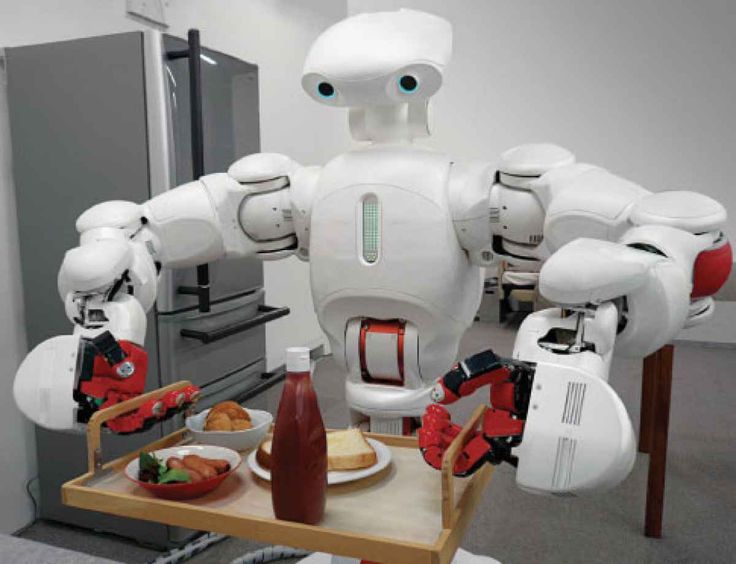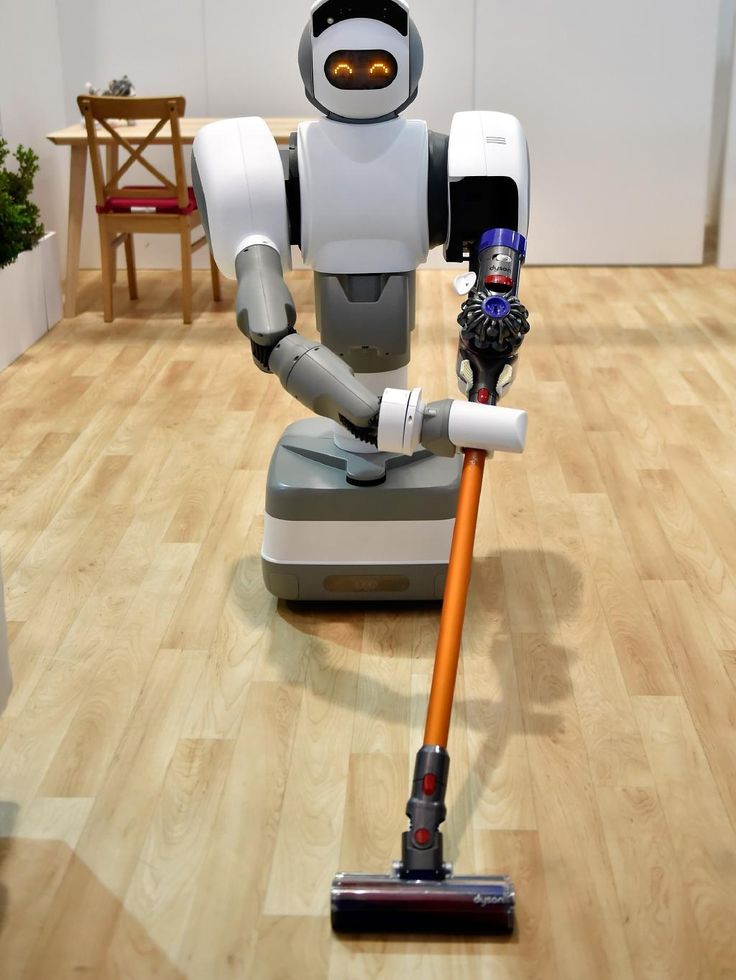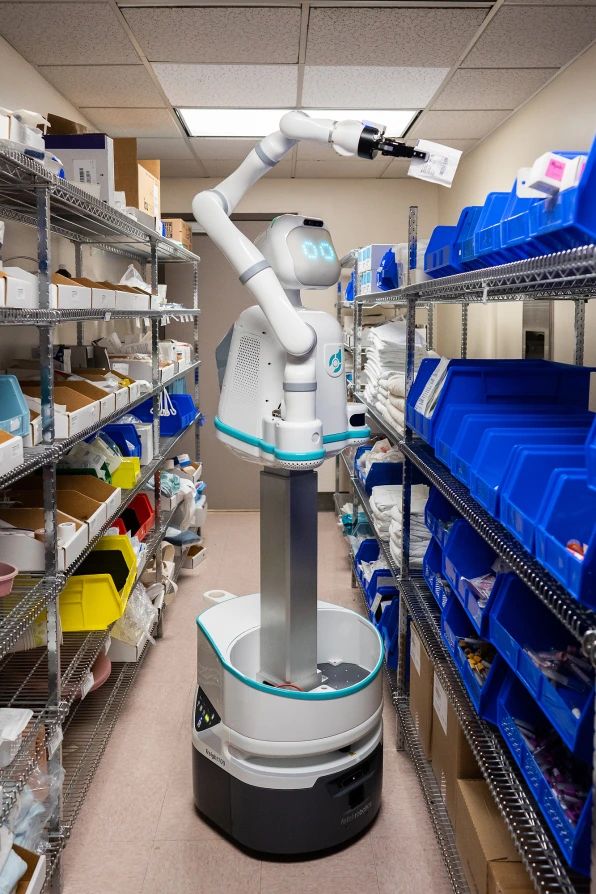The world is undergoing a technological revolution, with the tech industry and artificial intelligence (AI) playing pivotal roles in shaping nearly every aspect of human life. AI is no longer a far-off concept but an integral part of modern society, influencing everything from business to healthcare, education, and entertainment.

The rapid evolution of AI technologies has created a wealth of opportunities and challenges, prompting significant shifts in the global economy, culture, and geopolitical dynamics. This article delves into the state of the tech industry and AI on a global scale, exploring current developments, the transformative effects of AI, and the challenges that lie ahead.
The Tech Industry: A Driving Force in the Global Economy

The tech industry has grown exponentially in the past few decades, becoming one of the largest and most influential sectors in the global economy. Silicon Valley, in particular, has become synonymous with innovation, home to the world’s largest tech giants such as Apple, Google, Microsoft, and Facebook (now Meta). However, the impact of the tech industry is not limited to the United States. Countries around the world, particularly China, India, and countries in Europe, are rapidly advancing their technological infrastructure, making the tech industry a truly global phenomenon.
The tech industry includes a diverse range of sectors, including software development, hardware manufacturing, telecommunications, cloud computing, cybersecurity, and emerging fields like quantum computing and AI. This industry has revolutionized global commerce, enabling businesses to operate more efficiently, reach global markets, and innovate in ways that were previously unthinkable.
The economic impact of the tech industry is profound. According to a report by the Business of Apps, the global tech industry is expected to generate trillions of dollars in revenue annually, with sectors like cloud computing, e-commerce, and AI leading the charge. As the digital economy continues to expand, countries that can effectively leverage technology will be better positioned to thrive in the competitive global market.
The Rise of Artificial Intelligence

At the heart of the tech industry’s evolution is artificial intelligence, a branch of computer science focused on creating machines that can perform tasks that typically require human intelligence. AI encompasses a variety of technologies, including machine learning, natural language processing (NLP), computer vision, and robotics. Over the past decade, AI has experienced rapid advancements, fueled by increased computing power, vast amounts of data, and more sophisticated algorithms.
AI has become a critical driver of innovation across various industries. In healthcare, AI is being used to diagnose diseases, predict patient outcomes, and assist in drug discovery. In finance, AI algorithms are helping companies analyze market trends, detect fraud, and optimize investment strategies. In entertainment, AI is revolutionizing content creation and personalized recommendations on platforms like Netflix and YouTube. AI-powered devices, such as virtual assistants (e.g., Amazon’s Alexa and Apple’s Siri), have become commonplace in consumers’ everyday lives.
One of the most significant developments in AI is machine learning, a subset of AI where machines learn from data and improve their performance over time without being explicitly programmed. Deep learning, a more advanced form of machine learning, has made breakthroughs in image and speech recognition, allowing AI systems to perform tasks that were once thought to be uniquely human.
AI is also having a profound impact on the workforce. Automation, powered by AI, is changing the nature of work in many industries, including manufacturing, logistics, and customer service. Routine tasks that once required human labor are now being performed by machines, raising questions about the future of jobs and the need for reskilling and workforce adaptation.
AI in Industry: Transforming Key Sectors

1. Healthcare
AI’s potential to revolutionize healthcare is immense. Machine learning algorithms can analyze medical images, such as X-rays and MRIs, to detect early signs of diseases like cancer, improving diagnosis accuracy and saving lives. AI is also helping researchers accelerate drug development by analyzing vast amounts of data to identify promising compounds. Furthermore, AI-powered systems are enabling more personalized treatment plans by taking into account an individual’s genetic makeup, lifestyle, and medical history.
Telemedicine has also benefited from AI, with virtual health assistants offering consultations, health monitoring, and mental health support. The pandemic accelerated the adoption of telemedicine, and AI is playing a crucial role in making these services more efficient and accessible.
2. Finance
In the finance sector, AI is used for predictive analytics, fraud detection, and risk management. AI algorithms can analyze market trends, news, and social media to predict stock prices and optimize trading strategies. In banking, AI is helping improve customer service through chatbots and virtual assistants, allowing customers to access account information, make transactions, and resolve issues more efficiently.
Fintech companies are using AI to revolutionize lending by creating credit scoring models that go beyond traditional credit histories. These AI-driven models can assess an individual’s creditworthiness by analyzing alternative data sources, such as social media activity, payment histories, and employment records.
3. Transportation and Autonomous Vehicles
The transportation sector is one of the most exciting areas for AI development, particularly in the realm of autonomous vehicles. Self-driving cars, trucks, and drones are expected to change the way people and goods are transported. Companies like Tesla, Waymo, and Uber are investing heavily in autonomous vehicle technology, which relies on AI algorithms to process data from sensors and cameras, navigate roads, and make real-time decisions.
Autonomous vehicles have the potential to reduce traffic accidents, lower transportation costs, and increase efficiency. However, challenges remain, such as regulatory hurdles, ethical dilemmas, and technical limitations. The transition to a fully autonomous transportation ecosystem will take time, but the progress being made is significant.
4. Manufacturing and Supply Chain
AI is transforming the manufacturing industry by automating production lines, optimizing supply chains, and improving product quality. Predictive maintenance powered by AI is helping companies monitor machinery and predict when equipment is likely to fail, reducing downtime and maintenance costs.
AI is also playing a critical role in logistics, where machine learning algorithms are used to optimize delivery routes, forecast demand, and manage inventory. AI-driven supply chain systems are enabling businesses to respond more quickly to changes in demand and reduce inefficiencies, making global supply chains more resilient.
5. Retail and Customer Experience
In retail, AI is enhancing the customer experience through personalized recommendations, chatbots, and virtual shopping assistants. E-commerce giants like Amazon and Alibaba are leveraging AI to recommend products based on a customer’s browsing and purchasing history, improving sales and customer satisfaction.
AI is also helping brick-and-mortar retailers optimize inventory management, predict customer preferences, and streamline checkout processes. In some stores, AI-powered cameras track customer behavior to personalize in-store experiences and offer real-time discounts.
The Ethical Implications of AI
As AI continues to evolve, ethical considerations become increasingly important. One of the main concerns is the potential for job displacement due to automation. While AI has the potential to create new jobs, particularly in fields like data science, robotics, and AI ethics, it is likely that many traditional jobs will be lost in industries such as manufacturing, retail, and customer service. Governments and businesses will need to invest in reskilling and upskilling programs to ensure that workers are equipped for the jobs of the future.
Another major ethical concern is the potential for bias in AI systems. AI algorithms are trained on data, and if the data is biased, the AI system may make unfair or discriminatory decisions. For example, facial recognition technology has been shown to have higher error rates for people of color, leading to concerns about racial profiling and discrimination. Ensuring that AI systems are transparent, accountable, and free from bias is critical to ensuring that AI benefits society as a whole.
Privacy is another key issue in the development of AI. As AI systems become more powerful and ubiquitous, they are collecting and processing vast amounts of personal data. The use of AI in surveillance, social media, and healthcare raises important questions about data privacy, consent, and the potential for misuse. Striking a balance between technological advancement and individual privacy rights will be one of the most pressing challenges for policymakers in the coming years.
The Global Race for AI Leadership
The development of AI is becoming a key battleground in global geopolitics. The United States, China, and other nations are investing heavily in AI research and development, recognizing its potential to shape future economic and military power. China, in particular, has made AI a national priority, with ambitious plans to become the world leader in AI by 2030. The Chinese government has heavily invested in AI research and has rolled out AI-powered initiatives in areas like surveillance, healthcare, and transportation.
The U.S. is also a global leader in AI, with tech giants like Google, Microsoft, and Apple leading the charge. However, the U.S. faces challenges from other nations, particularly China, in terms of AI talent, data availability, and government support. The geopolitical implications of AI are profound, as nations race to develop AI technologies that could influence everything from economic power to national security.
Conclusion: The Future of AI and the Tech Industry
The future of AI and the tech industry is both exciting and uncertain. AI has the potential to revolutionize industries, improve lives, and create new economic opportunities. However, the rapid pace of technological advancement also brings challenges, from job displacement to ethical concerns about bias and privacy.
As we look to the future, it is clear that AI will continue to play a central role in shaping the global economy and society. Governments, businesses, and individuals must work together to ensure that AI is developed and deployed responsibly, with a focus on benefiting all of humanity. As the tech industry continues to evolve, the possibilities for innovation and transformation are limitless, but they must be approached with careful consideration of their broader impact on society.
The road ahead for AI is one of unprecedented change, and it will require collaboration, foresight, and ethical responsibility to ensure that its benefits are realized while mitigating its risks. The future of AI is not just a matter of technology but of values, governance, and global cooperation.



